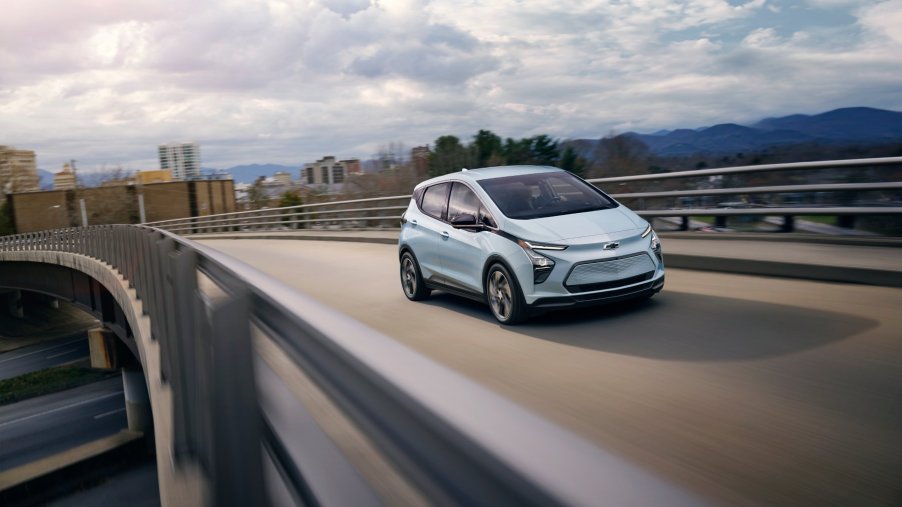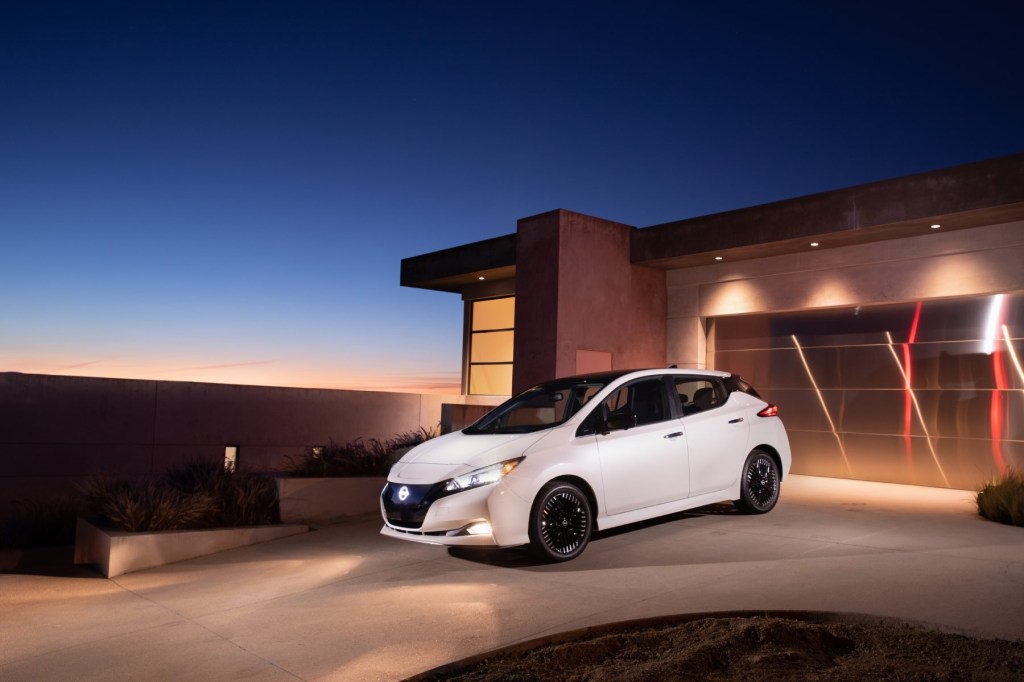
How Long EV Batteries Last According to Data
Electric vehicles have exploded in popularity over the last 10 years. But with growing numbers on the road, drivers must now consider the long-term maintenance needs of EVs – especially their power sources. It’s known science that batteries decay over time. But we’re still learning about how batteries last over time. Fortunately, data from a new study helps us better understand how long we can expect EV batteries to last.
Study says EV batteries should last around 100,000 miles

Unfortunately, EV batteries don’t last forever. Their power sources inevitably decay. But a new study from Recurrent shows some promising numbers for long-term battery performance in EVs. Its researchers analyzed 15,000 electric cars and SUVs to conclude how long power units can last. It’s a relatively small sample size compared to how many electric cars are on the road, but that data suggests drivers should get many years and at least 100,000 miles of reliable performance from batteries.
Study shows replacements happen, but they’re rare

Recurrent claims its study shows that the need for battery replacements in electric cars is very uncommon. According to its report, only 1.5 percent of the vehicles it assessed needed EV batteries replaced. That low rate could reassure shoppers on the fence about buying electric vehicles. The report shows that older models like the Nissan Leaf and Chevy Bolt had the most instances of battery replacement. A recall for the Chevy Bolt affected these numbers – models without battery recalls fared much better.
Batteries decay at first, then level out
The study also looks at the way that EV batteries decay. According to Recurrent, EV battery decay isn’t linear. Apparently, most batteries experience some range decay at the start of their lifespan before appearing to level out. What that means is EVs should be able to maintain pretty reliable mileage ranges over their lifetimes.
Warranties usually help with replacement
If your EV does need a battery pack replacement, Recurrent says you’ll likely get help from a warranty. The Federal requirement for EV battery warranties is eight years or 100,000 miles. Manufacturers meet that requirement and more. This warranty coverage shows OEMs’ expectations for battery lifespan performance, according to Recurrent.
How long will your EV battery last?
It’s difficult to predict exactly how long a single power unit will last. As Recurrent points out, batteries are incredibly complicated, and technicians rely on computer diagnostics to judge their operational health.
However, this new study from Recurrent gives us some baselines to consider. Between warranty coverage, replacement rates, and decay trends, the study implies that most drivers should expect EV batteries to last 100,000 miles or more. That’s right on par with the timeline for significant maintenance on most internal combustion vehicles.


